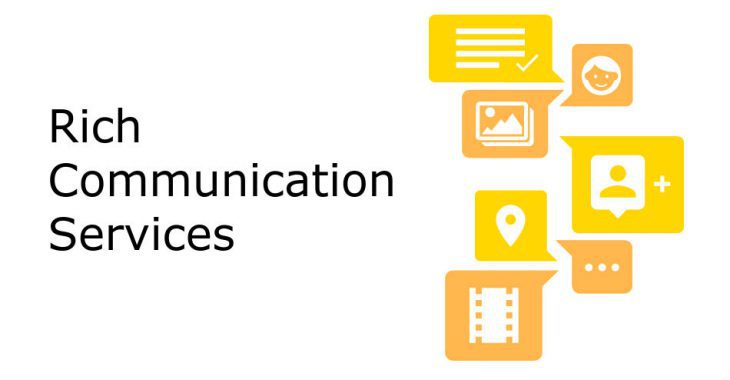Google has had a troubled relationship with messaging over the years; just about every messaging service Google has launched has either failed or been left abandoned to become irrelevant. The company’s latest strategy was to rely on mobile carriers rolling out the new Rich Communication Service (RCS) standard … but that hasn’t really happened.
As a result Google has decided to develop its own IP-based RCS network, running the new standard as an over the top service, using your data service rather than carrier’s own telephony network.
How will Google’s RCS work?
More specifically, Google has announced that it will be rolling out its own RCS back-end in the UK and France as a start. Google has apparently been unable to secure carrier support in those countries, and so using its own network, users in these counties will be able to use Google’s RCS “later this month”. The backbone of the new system will be a Google-controlled IP-based RCS network that users will be able to opt in to.
The service is still unlike most modern instant messaging services, in that it is tied to a phone number (and the device that the associated SIM card is installed in). For multi device support, you’ll need to pair additional phones/ tablets/ web browsers to that device, and all messages will be relayed via that device, not a perfect system.
For those familiar with WhatsApp’s web interface, it’s kind of the same idea.
What’s wrong with the proposal?
RCS does not yet support end to end encryption at this stage, although Google says it is working on bringing better encryption to the standard. The other major issue for us is that – due to the federated nature of the RCS protocol – the data retention policies are unclear.
For users of Google’s RCS servers, Google has stated that messages and their metadata will not be stored beyond what is needed to deliver the messages, with the exception of attachments that will need to be stored for longer to allow group messaging participants to download the attachments. However, if your RCS server is provided by your carrier, their retention policies may differ again.
It’s also unclear what happens when I – as say a Google RCS back end user – send a message to a Telstra back end user. Does my message go from my phone, to Google, to Telstra then to my intended recipient? If so will Telstra get to keep my data per its policies, despite me not having a relationship with them? These issues aren’t unique to RCS – sending an SMS could subject your messaging to the same quagmire of regulatory regimes.
Is RCS the messaging panacea we’ve been waiting for?
With the RCS system becoming quickly fragmented, requiring user opting, not easily supporting multi device integration, not offering end to end encryption, having unclear privacy implications and seemingly not getting great support from carriers, we have to ask the question: has Google once again backed the wrong messaging horse?
We’d love to see a more open messaging system that isn’t owned by Facebook or an unknown overseas provider, but this just doen’t look like it’s going to be it.





What I want to know and haven’t seen covered (apologies if I’ve missed it here) is, how secure is basic SMS currently? If it’s vulnerable to the same unauthorised access from the properly motivated, then I’m not losing anything in that regard going from SMS to RCS.
Just another botched messaging service from Google. Why on earth did they think carriers would be good to rely on?